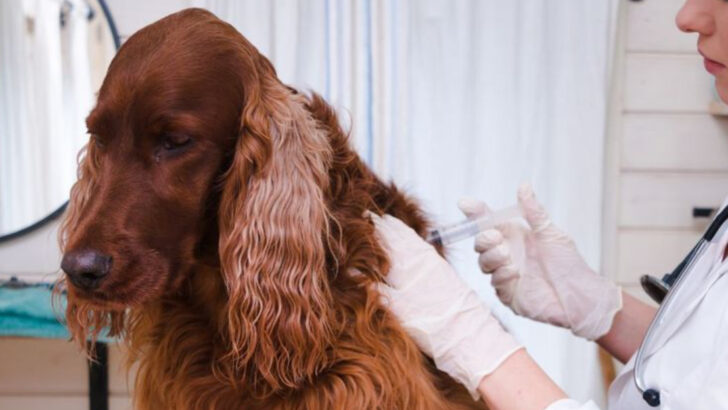Think you know how to care for your dog? Think again. From wriggly puppies to wise old companions, every stage of a dog’s life hides secrets vets wish you’d uncover. What if the difference between a healthy, happy dog and a worried trip to the vet boils down to little-known care hacks? Imagine catching problems before they start, keeping tails wagging longer, and making your furry friend’s life not just good—but extraordinary. Get ready to unlock 15 insider dog care secrets that transform ordinary pet parenting into something truly next level. Because every dog deserves the best—and you deserve to know how to give it.
Dental Care for Dogs
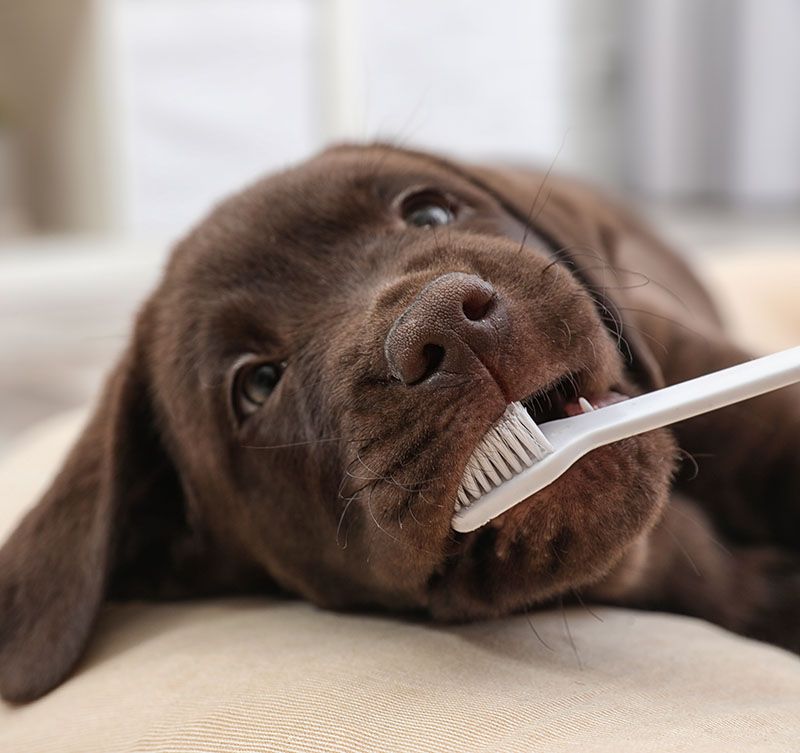
A dog’s smile is as important as a human’s. Start dental care early with your puppy to prevent future health problems. Regular brushing not only keeps teeth clean but also strengthens the bond between you and your pet.
Imagine your puppy enjoying the process as a playful activity rather than a chore. Healthy teeth can prevent infections that might lead to severe health issues.
Introduce dental care slowly, using dog-friendly toothpaste, and make it a fun routine. Your dog’s overall health depends on it, and veterinarians emphasize its importance.
Socialization Techniques
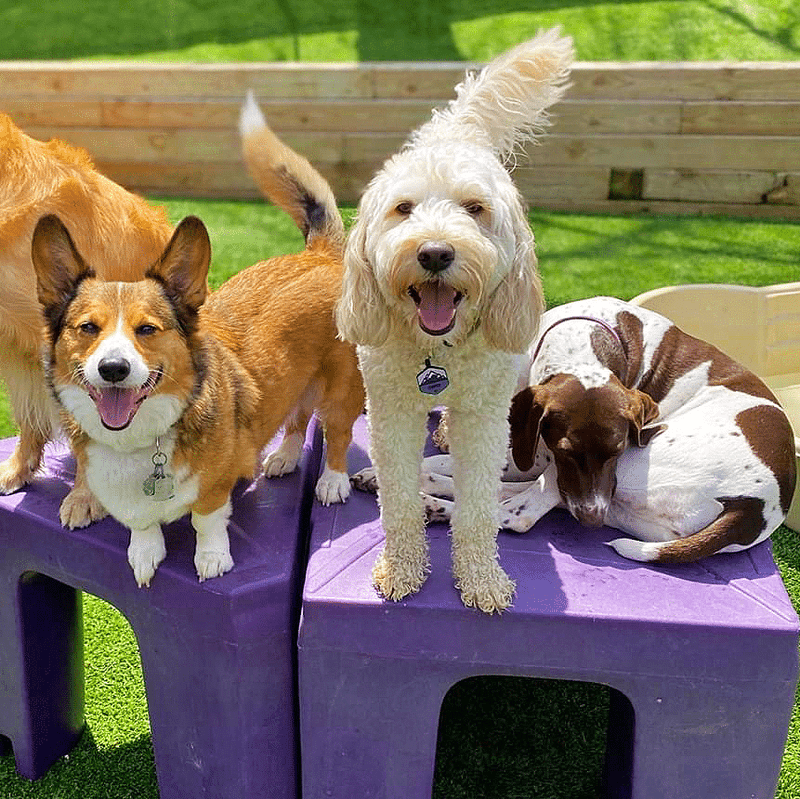
Socialization shapes a dog’s personality for life. Expose your puppy to different sounds, people, and environments. Early social experiences reduce behavior problems later on.
Picture a joyful Golden Retriever puppy exploring a park, meeting children, adults, and other dogs with wagging tails. The more they experience, the more confident and adaptable they become.
Vets stress that the first few months are crucial. With positive interactions, your dog will grow into a friendly and well-mannered adult, making every outing a joy.
Regular Vet Check-ups
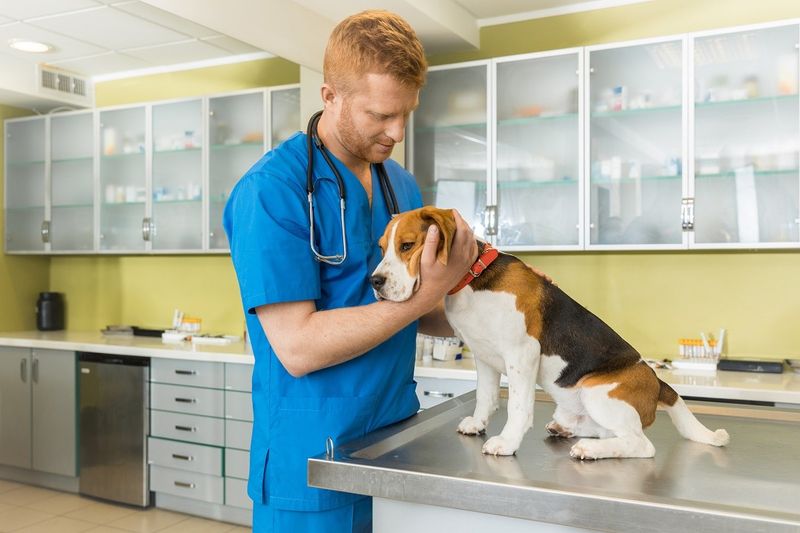
Veterinary visits are a vital part of a dog’s life. They catch issues before they escalate. Regular check-ups can save your dog from discomfort and you from costly treatments.
Imagine a senior Beagle at a vet’s office, receiving gentle and thorough care. Early detection of ailments ensures better outcomes and a longer, healthier life.
Schedule visits at least once a year, and more often as your dog ages. Vets are your partner in maintaining your dog’s well-being, offering insights that only professionals can provide.
Maintaining Healthy Weight
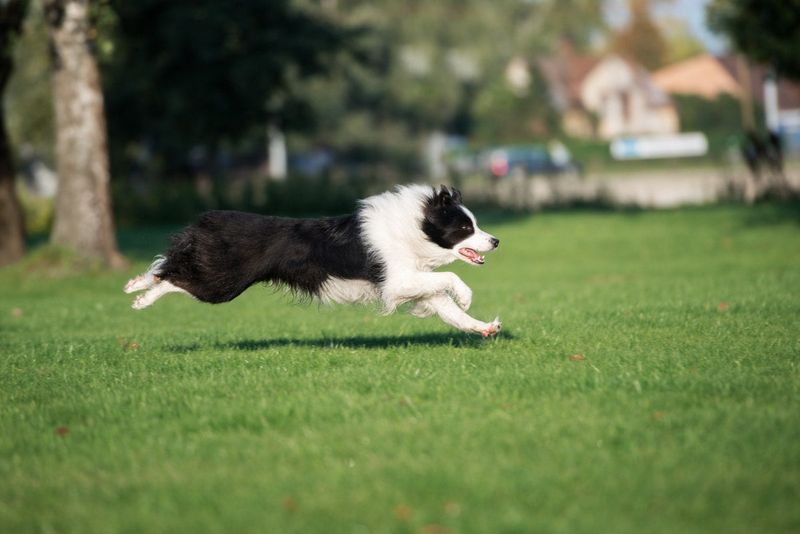
A dog’s weight is a reflection of its overall health. Obesity can lead to serious health issues, including diabetes and joint problems.
Visualize a vibrant Border Collie running through a field, lean and energetic. Regular exercise and a balanced diet keep them in top shape.
Consult your vet to tailor a diet specific to your dog’s needs. Monitoring their weight ensures a longer, happier life. Keep a close eye on their body condition, as prevention is far easier than treatment.
Tailoring Diet for Dogs
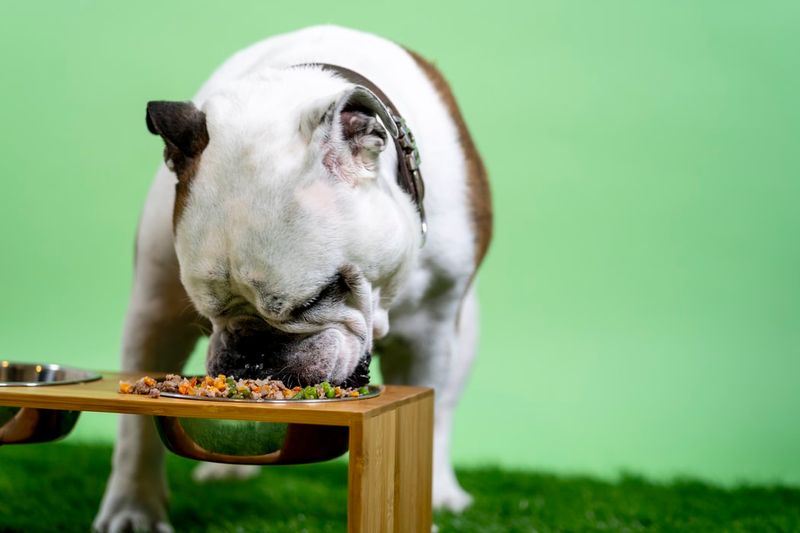
Not all dogs are created equal, nor are their dietary needs. Tailor their diet based on age, breed, and health conditions.
Picture a Chihuahua nibbling at a small bowl while a Great Dane enjoys a larger meal. Different breeds have different nutritional requirements.
Consult with your vet to find the perfect balance. A tailored diet can prevent health issues and promote vitality. Adjust portions and ingredients as your dog grows, ensuring they’re getting the best nutrition possible.
Vaccination Importance
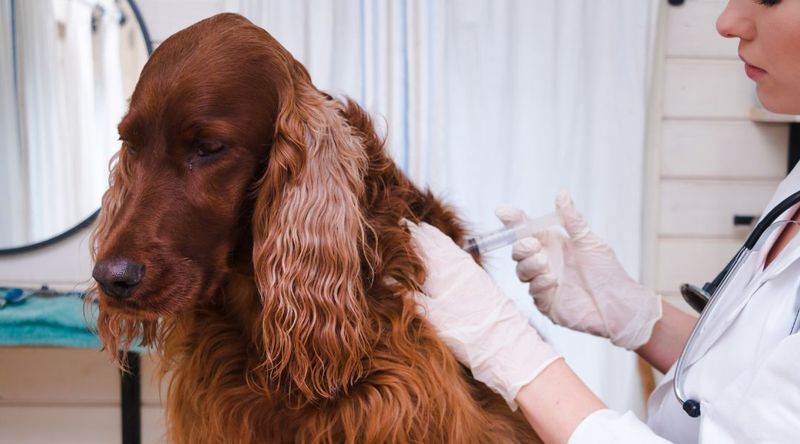
Vaccinations are more than just shots; they’re essential protection. They prevent diseases that could be life-threatening.
Imagine a young Cocker Spaniel at the vet, calmly receiving its vaccinations. Timely shots keep deadly diseases at bay, safeguarding your pet’s health.
Stay on schedule with your vet’s guidance. Vaccinations are a cornerstone of preventive care, shielding your dog and the community. Skipping them puts your dog at risk, but staying up-to-date ensures a robust immune system.
Exercise Needs Vary
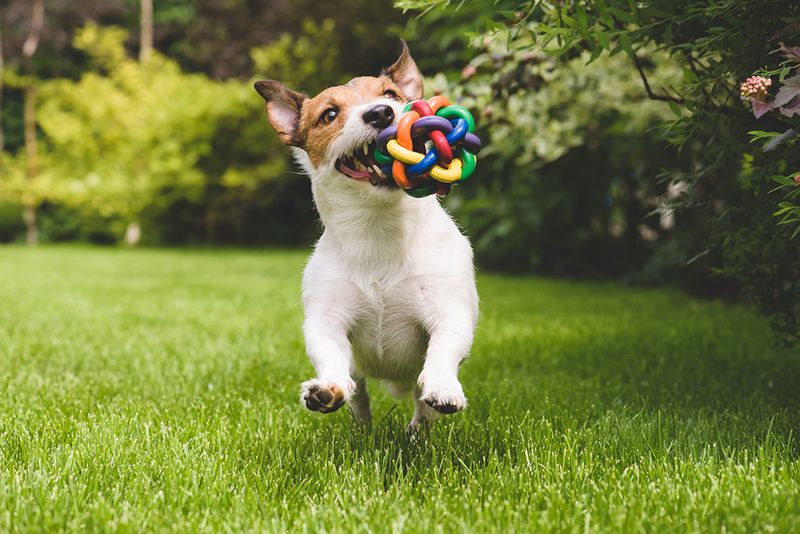
Exercise is essential, but not all dogs need the same amount. Some breeds are high-energy, while others prefer a quieter lifestyle.
Picture a Jack Russell Terrier enthusiastically chasing a ball in a backyard. While they thrive on activity, a Bulldog might be content with a gentle walk.
Understand your dog’s exercise requirements to keep them fit and happy. Consult your vet for advice tailored to your pet’s breed and age. Balancing exercise prevents obesity and behavioral issues, keeping your pup lively and content.
Positive Reinforcement Training
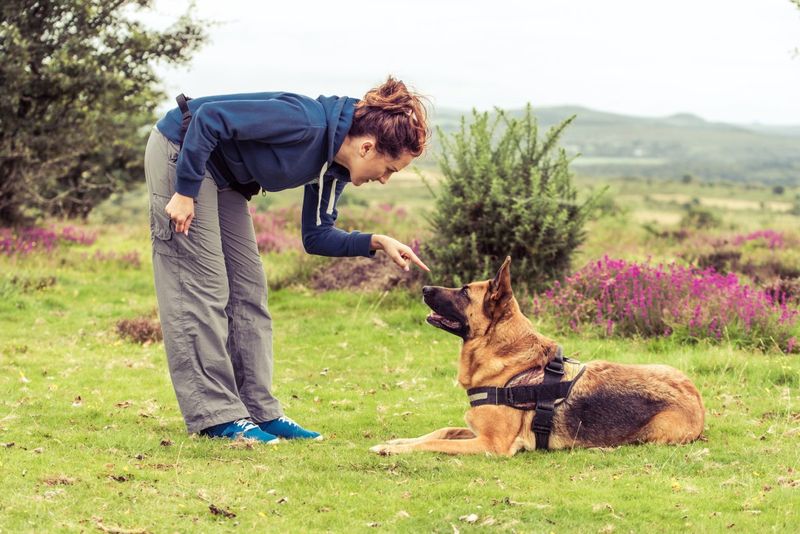
Training should be a joyful experience for both you and your dog. Positive reinforcement strengthens trust and encourages good behavior.
Imagine a German Shepherd puppy responding to treats and praise in a park. Training becomes a bonding experience, rather than a stressor.
Avoid harsh methods. Instead, focus on rewards and patience. Vets advocate for positive training techniques as they foster a loving and respectful relationship. With consistent practice, your dog will thrive and learn willingly.
Mental Stimulation for Dogs
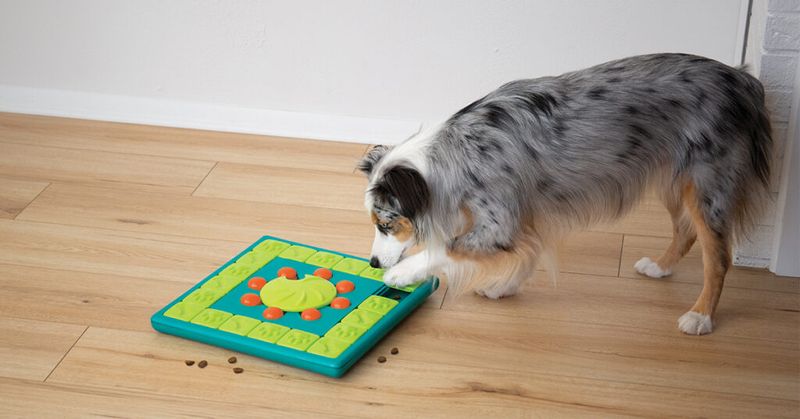
A dog’s mind needs as much exercise as its body. Mental stimulation prevents boredom and anxiety.
Picture an intelligent Border Collie engaged with a puzzle toy, figuring out how to earn its treat. Keeping their minds active leads to a well-rounded, happy pet.
Incorporate games, toys, and training exercises into daily routines. Vets stress that mental challenges are vital for cognitive health, preventing issues like destructive behavior. Keep their minds sharp and entertained.
Recognizing Normal Behavior
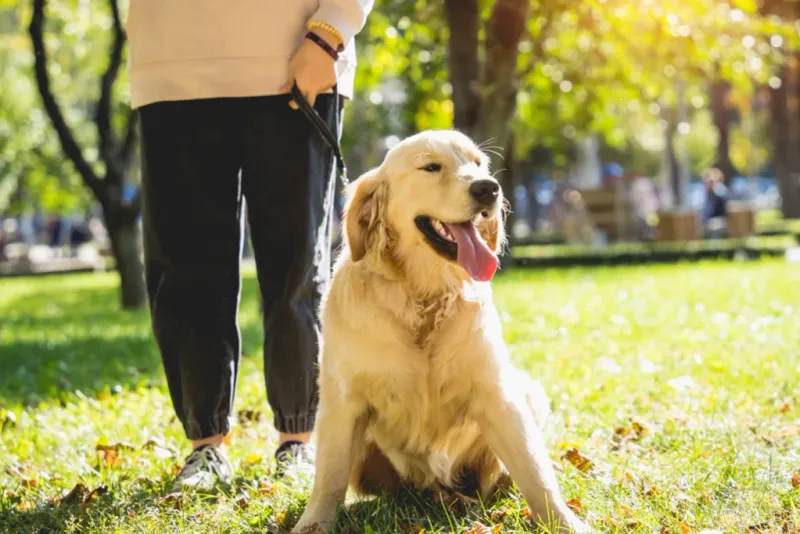
Understanding your dog’s normal behavior is key to detecting health issues early. Subtle changes can indicate problems.
Visualize an owner watching their Golden Retriever frolic in the garden. Knowing their habits makes it easier to spot when something’s amiss.
If your dog seems off, consult your vet. Early intervention can prevent serious health issues. Vets urge owners to be observant, as you know your dog best. Trust your instincts and seek advice if anything seems unusual.
Regular Grooming Routine
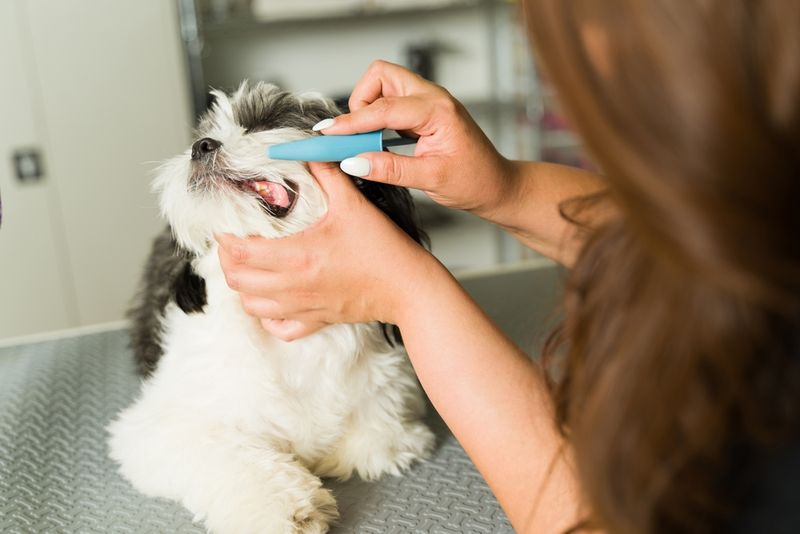
Grooming is more than just appearance; it’s about health. Regular grooming prevents skin issues, infections, and discomfort.
Picture a Shih Tzu enjoying a grooming session on a patio, with gentle brushing and nail trimming. The process keeps them comfortable and clean.
Establish a routine that includes coat care, nail trimming, and ear cleaning. Vets emphasize grooming as part of a holistic care approach, enhancing your dog’s quality of life. Make it a pleasant experience for both of you.
Parasite Protection
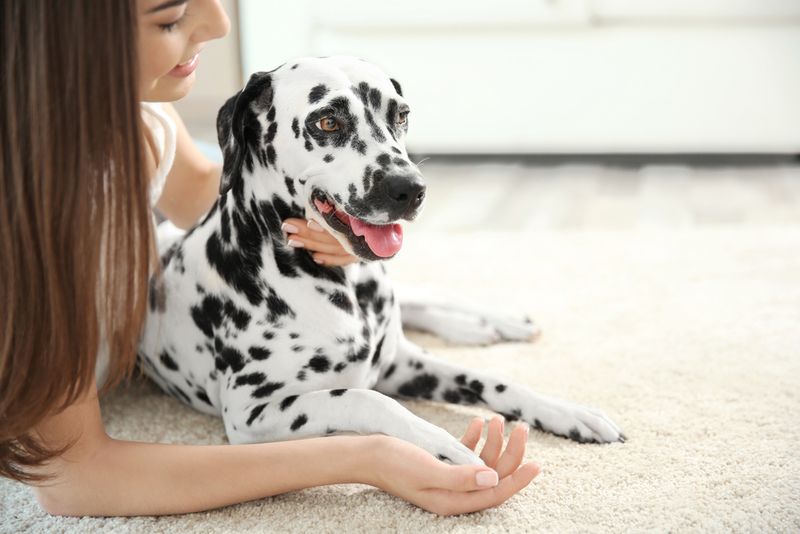
Parasites are more than a nuisance; they pose serious health risks. Year-round protection is crucial.
Imagine a Dalmatian proudly wearing a flea collar while exploring a green landscape. Regular treatments prevent infestations that could harm your pet.
Consult your vet for the best prevention methods. Fleas, ticks, and worms can lead to severe health issues if unchecked. Consistent protection ensures your dog’s happiness and well-being, keeping them safe from these hidden threats.
Hydration Importance
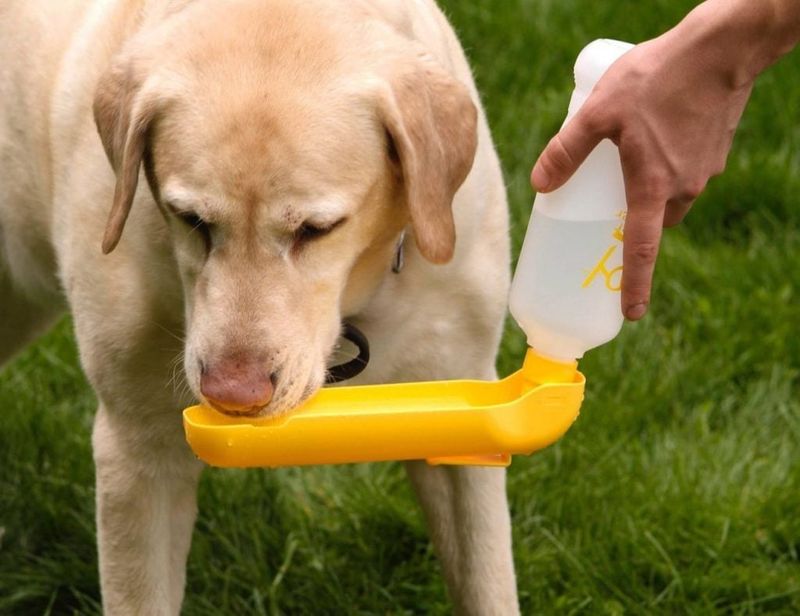
Water is the essence of life, and your dog’s health depends on proper hydration. Fresh water should always be available.
Picture a Labrador Retriever eagerly drinking from a clean water bowl in the backyard. Proper hydration supports digestion, circulation, and body temperature.
Ensure water bowls are clean and filled, especially during warm months. Vets stress that dehydration can lead to serious health problems. By providing fresh water, you’re offering a simple yet vital part of their care routine.
Caring for Senior Dogs
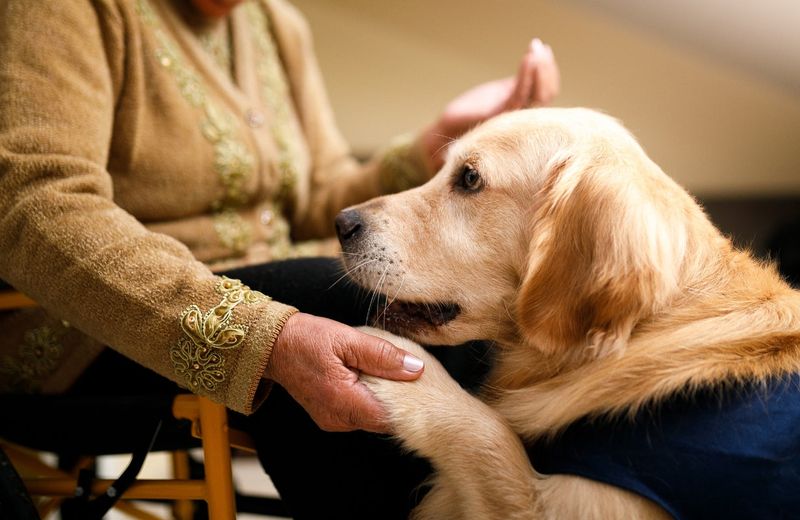
Senior dogs require special attention. As they age, their needs change, and your care routine should adapt.
Envision an elderly Golden Retriever relaxing on a soft bed, enjoying the warmth of a loving home. Adjust diet, exercise, and vet visits to match their life stage.
Vets advise increased check-ups and tailored nutrition to support aging bodies. Senior dogs enrich our lives with wisdom and companionship, and they deserve the best care we can offer.
The Healing Power of Love

Love is a powerful remedy. A happy dog often means a healthy dog, thriving on affection and attention.
Picture a child embracing a Bulldog in a garden, both radiating joy. The bond we share with our dogs goes beyond physical care.
Vets highlight the emotional well-being of pets, emphasizing love as a key to health. Spend quality time playing, cuddling, and simply being present. This connection nurtures both heart and soul, fostering a life filled with happiness and health.

